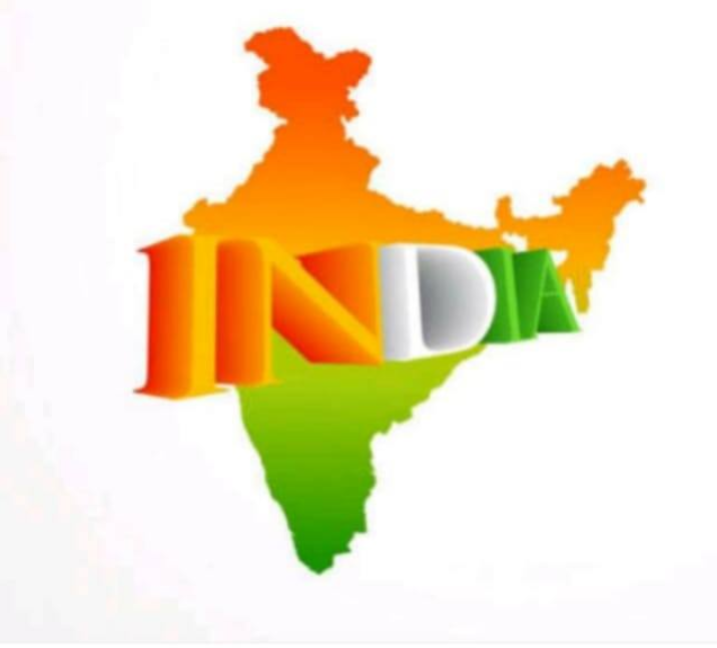What is meant by Participatory Guarantee Scheme? How does it incentivise farmers to grow organic food? Discuss the advantages and limitations of the scheme. (200 Words)
Refer - The Indian Express
Enrich the answer from other sources, if the question demands.

IAS Parliament 6 years
KEY POINTS
Participatory Guarantee Scheme
· PGS is a process of certifying organic products, which ensures that their production takes place in accordance with laid-down quality standards. The certification is in the form of a documented logo or a statement.
· PGSs are locally focused quality assurance systems that certify producers based on active participation of stakeholders and are built on a foundation of trust, social networks and knowledge exchange.
Four pillars of PGS
PARTICIPATION: Stakeholders such as producers, consumers, retailers, traders, NGOs, Gram Panchayats, and government organisations and agencies are collectively responsible for designing, operating, and decision-making. Direct communication among the stakeholders helps create an integrity- and trust-based approach with transparency in decision-making, easy access to databases and, where possible, visits to farms by consumers.
SHARED VISION: Collective responsibility for implementation and decision making is driven by a common shared vision. Each stakeholder organisation or PGS group can adopt its own vision conforming to the overall vision and standards of the PGS-India programme.
TRANSPARENCY: At the grassroots level, transparency is maintained through the active participation of producers in the organic guarantee process, which can include information-sharing at meetings and workshops, peer reviews, and involvement in decision-making.
TRUST: A fundamental premise of PGS is the idea that producers can be trusted, and that the organic guarantee system can be an expression and verification of this trust. The mechanisms for trustworthiness include a producer pledge made through a witnessed signing of a declaration, and written collective undertakings by the group to abide by the norms, principles and standards of PGS.
Advantages
· Procedures are simple, documents are basic, and farmers understand the local language used.
· All members live close to each other and are known to each other. As practising organic farmers themselves, they understand the processes well.
· Because peer appraisers live in the same village, they have better access to surveillance; peer appraisal instead of third-party inspections also reduces costs
· Mutual recognition and support between regional PGS groups ensures better networking for processing and marketing.
· Unlike the grower group certification system, PGS offers every farmer individual certificates, and the farmer is free to market his own produce independent of the group.
Limitations of PGS
· PGS certification is only for farmers or communities that can organise and perform as a group within a village or a cluster of continguous villages, and is applicable only to farm activities such as crop production, processing, and livestock rearing, and off-farm processing “by PGS farmers of their direct products”.
· Individual farmers or group of farmers smaller than five members are not covered under PGS. They either have to opt for third party certification or join the existing PGS local group.
· PGS ensures traceability until the product is in the custody of the PGS group, which makes PGS ideal for local direct sales and direct trade between producers and consumers.

Hari 6 years
Kindly review.. Thank you

IAS Parliament 6 years
Try to include few points on pillars of PGS. Keep Writing.

Jefy 6 years
Kindly Review.
Thank you !

IAS Parliament 6 years
Good answer. Keep Writing.
DHARU 6 years
Participatory guarantee scheme is the process of certifying organic products ensures that their production take place in accordance with laid down quality standards. The certification is in the form of documented logo or statement.
Pillars of PGS:-
The government 2015 PGS manual underlines that the system in India is based on participatory approach,a share vision, transparency and trust.
How it helps to the farmers : -
- Direct communication among the stake holders can helps to create intergirty and trust based approach with transparency in decision making,easy access for database etc..
- Stakeholders such as producers,consumers,NGOs, retailers,traders etc..are the responsible for designing,operating and decision making.
-At the grassroot level transparency is maintained through the active participation of organic guarantee process.
Advantages:-
- Procedure was simple, documents are basic and farmers can easily understand in their local language.
- All the members were well known each other and they will share the knowledge and practising the process well.
- Mutual recognition and support between regional PGS group were ensure the market stability and network processing.
Disadvantages:-
-PGS certification is only for farmers or communities that can organise and perform as a group within a village or cluster of continuous villages.
-Individual process or group of smaller farmers were less than 5 member will not cover under the scheme.
- PGS ensure traceability until the product is in custody of PGS group,which makes PGS ideal for local direct sales and direct sale between producers and consumers.
Way forward:-
India was moving ahead for the doubling the farmers income by providing more schemes and the government taken many initiatives. This PGS step towards farmers ensures the organic farming,health & nutrition in the sustainability way for the food security.
Kindly review!!

IAS Parliament 6 years
Good answer. Keep Writing.
Aspirant 20 6 years
Kindly review

IAS Parliament 6 years
Good answer. Keep Writing.